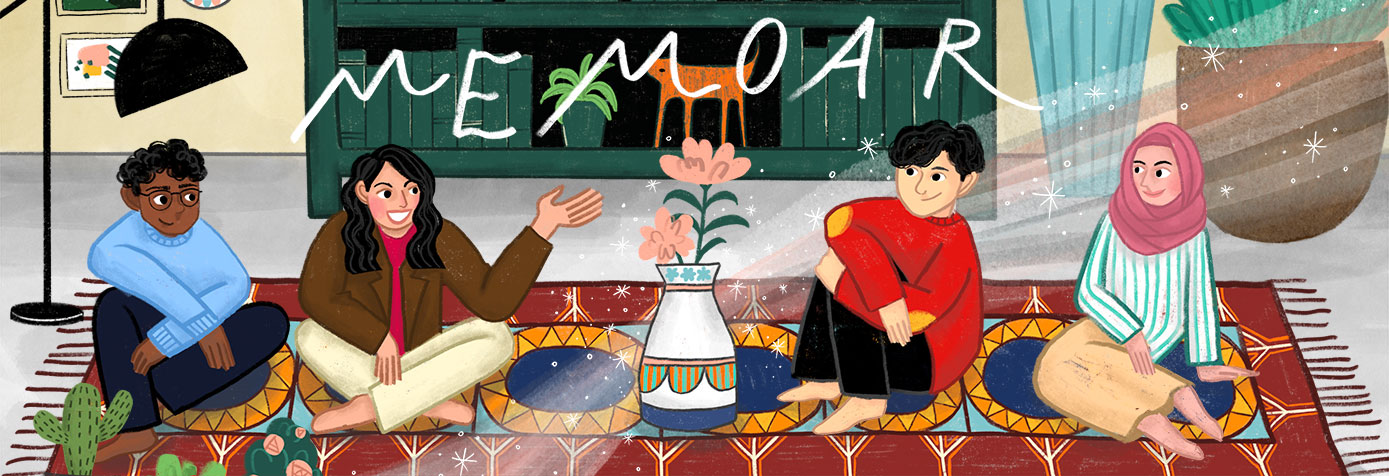Memoar - Ela (EN)

Hello. My name is Laylah Fiamanillah Ahmad, or Ela. I work in the administration department at a school. But I am also a volunteer at an IOM partner organization in Makassar.
My first knowledge of refugees was in 2016. At that time, I was hired to teach in a class for unaccompanied refugee children. This means the class was for children under 18 years old who came to Indonesia without any family. Usually, they are boys, not girls.
As a teacher, I came to the shelter almost every day. I came to teach, but it wasn’t as easy as I thought. I had to approach them personally and tried to identify their problems. It was around one year until some of them started to tell me about their problem or what they think. I was told not to believe what they said. But in reality, it was different. Some students were very kind. Some others needed more attention. I think, they just wanted to be treated like others, not like someone who needed to be helped. My impression about them had changed bit by bit. Well, even though I didn’t always believe what they said, the more I get to know them, the more I can see a side that not many people know.
Many children I know came alone. They were paired with a social worker or foster parent during their stay here. I feel that they were more respectful to teachers than social workers. But honestly, this experience of teaching refugees is a culture shock for me. Students usually go to meet their teacher, but this was the opposite. I had to come to them. In the beginning, they didn’t seem to care about their education, so as their teacher, I had to persuade them to join the class. Also, I was often surprised to see the way they reacted sometimes, Like when angry, they immediately say what comes to their mind and in loud voices. Sometimes they argued in front of me. These things stayed in my mind.
Now I think many improvements happened in how they managed refugees. For example, some refugees now attend public schools near their shelters. Of course, many still complain. Because not all Indonesians can speak English, they can’t speak Bahasa Indonesia, the quality of our schools are different, or from others. Well, at least, their shelters are now close to each other, so it is quite helpful for those who used to live far from school.
Some refugees told me that their Indonesian friends thought their life here was good because they receive support. So when they talked about a problem, their Indonesian friends thought they were not grateful. And then, some people think about why the government accepts refugees and supports them? There are still many poor people in Indonesia, so why do we have to focus on refugees? Well, actually, the support is from IOM, not the government. Also, why don’t we try to see their perspective, that everything is restricted. They are at productive age but they are forced not to be productive.
I hope there will be more collaboration between refugees and locals. For example, it would be nice if refugees can learn Bahasa Indonesia from local teachers. We can get to know each other. Refugees thinking that they only stay in Indonesia for about one, two, or three years start to shift because, in reality, no one knows how long they will live here. By getting to know each other’s culture, we can also minimize problems.
I also hope our government can make people more aware, especially people who live around refugee shelters. Of course, refugees also need more information about existing regulations in Indonesia. Because sometimes when there is a problem with local people, they are confused. Not only because of the language barrier but also because the reporting process is not so clear sometimes. Especially because our laws tend to side with local people. My point is, that we need more transparency and clarity of information for both sides.





